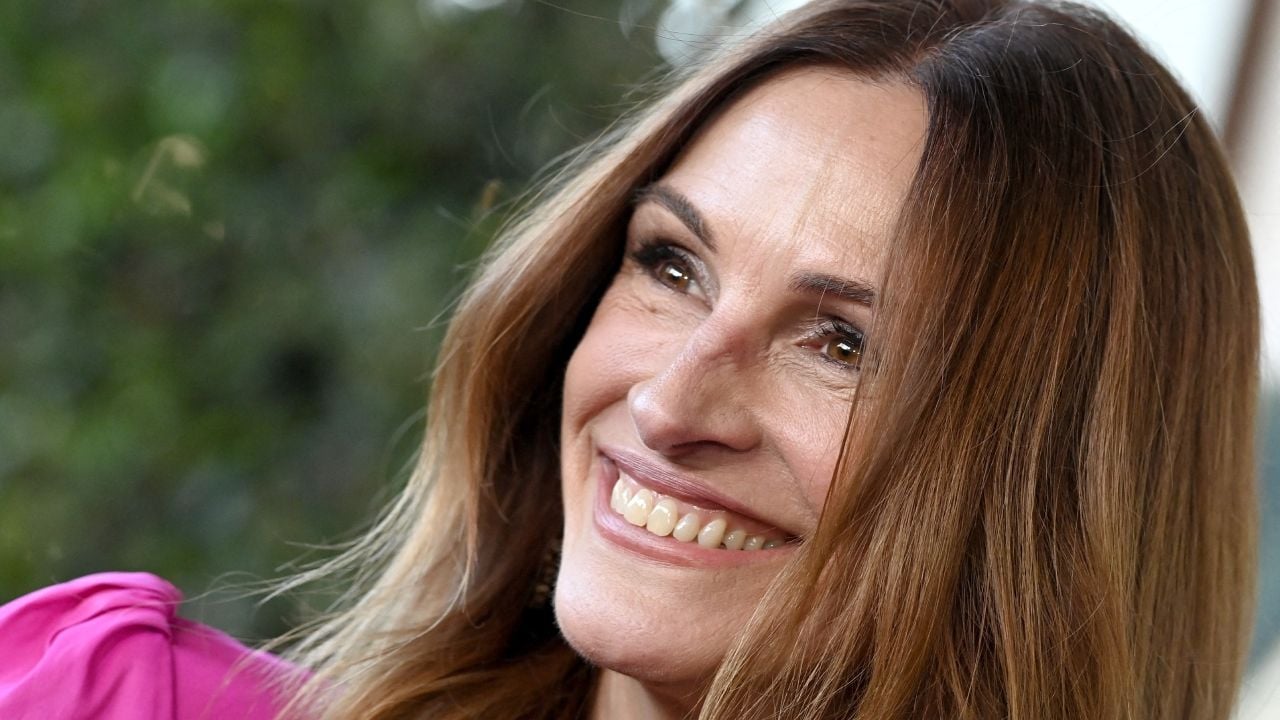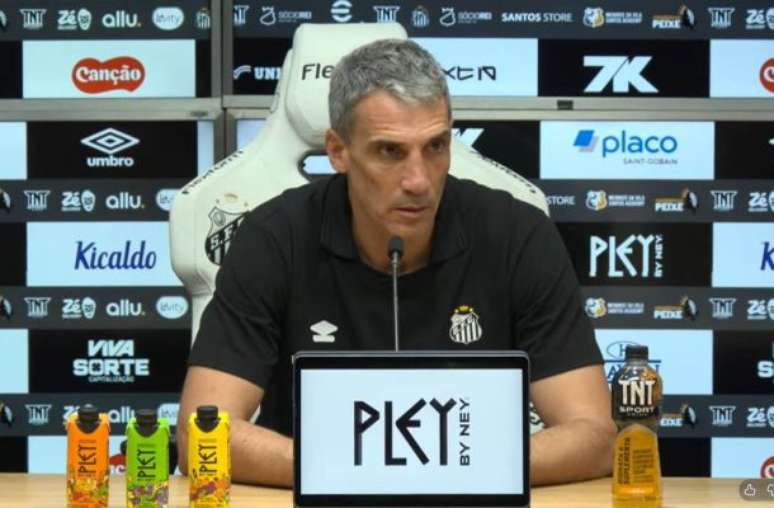Water is essential for most of our body’s functions. Check myths and recommendations
Do you drink enough water?
Water is essential, for example, to keep joints lubricated, to nourish cells and to regulate body temperature.
It is also essential for most functions in our body.
Our body has water in more than half of its composition, between 55% and 60%.
But what does “staying hydrated” really mean?
Check below the myths and recommendations.
Don’t get carried away by thirst alone to know if you are well hydrated
While thirst is our body’s most obvious way of telling us that we need water, this may not be enough, as it is an indicator that deteriorates with age and, depending on the circumstances, may not be the most reliable.
Thirst is a mechanism that scientists believe occurs in an area of the brain known as terminal lamina.
Many of your cells are not protected by the blood-brain barrier, which prevents the invasion of, for example, some types of bacteria, viruses and toxins.
therefore, the terminal lamina suffers more wear over the years.
“The feeling of thirst varies from person to person and gets worse with age,” Dr. Natalia Dmitrieva, who has just published a study for the National Institutes of Health (NIH) of the Use on the relationship between good hydration and healthy old age.
And because lamina Terminal function can be impaired, experts recommend getting used to hydration.
“The best way to stay well hydrated is to be actively aware of how much fluid we consume each day,” warns Dmitrieva.
The U.S. Centers for Disease Control (CDC) recommends small changes in routine, such as carrying a bottle of water or ordering restaurant water instead of another type of beverage, to get used to drinking more water.
To stay well hydrated, experts recommend drinking 8 glasses of water a day, although this amount can vary.
“The U.S. National Academies of Medicine, for example, suggest that most women should consume between 6 and 9 cups (1.5 to 2.2 liters) of fluid per day, and men 8 to 12 cups (2 to 3 litres),” Dmitrieva points out.
“These recommendations are created by scientists and medical professionals based on current knowledge about the amount of water needed to maintain a healthy fluid balance.”
But the truth is, hydration isn’t just about consuming water. There are foods, mainly fruits and vegetables, whose composition is mostly water and which also help keep us hydrated.
This is because food is our main source of electrolytes, nutrients — such as potassium and magnesium — essential for maintaining body hydration, as they help regulate chemical reactions that occur within cells, as well as maintain balance water between the inside and outside of it.
Foods like bananas, avocados and yogurt are high in potassium, while spinach and walnuts are good sources of magnesium.
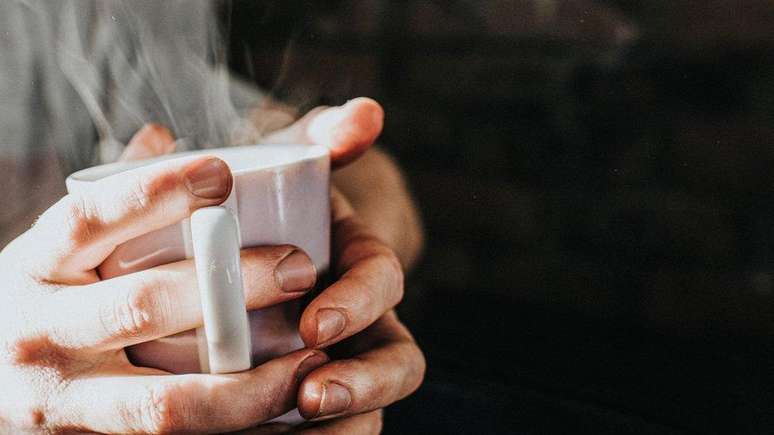
Pay attention to the consumption of alcohol and coffee
If you drink coffee often, be careful.
Caffeine, the stimulating compound in coffee, is well known for having diuretic properties. That is, it stimulates the production of urine and the elimination of liquids.
But the levels of caffeine we normally consume are too low to cause dehydration and, in some cases, can have the opposite effect.
A study by the School of Sport Science at the University of Birmingham in the UK concluded that there was no change in the hydration levels of 50 men who consumed between 3 and 6 cups of coffee per day as the body adjusts to caffeine levels.
“The data suggest that coffee, when consumed in moderation by men habituated to caffeine, has moisturizing qualities similar to those of water,” the study says.
According to research, for coffee to have a noticeable diuretic effect, a person must drink the equivalent of 5 cups a day, or more than 500 mg of caffeine.
Otherwise, the levels of water consumed with coffee outweigh the diuretic properties of caffeine.
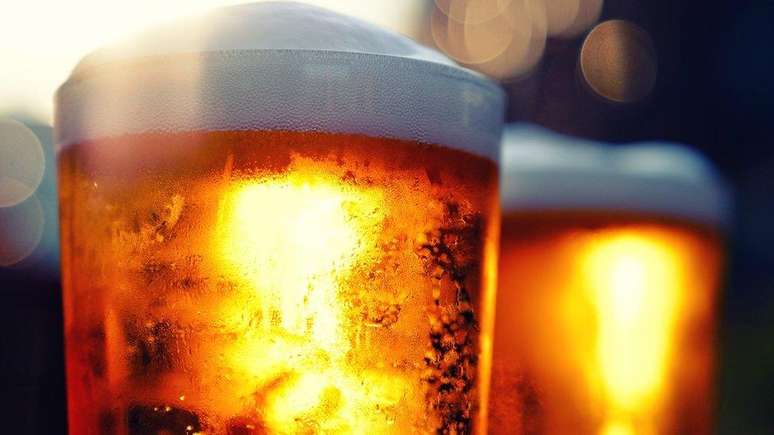
The same principle can be seen in alcoholic beverages and alcohol percentages.
In the case of alcoholic beverages, their ability to dehydrate us depends on the degree of alcohol they contain.
A recent study published in the Journal of the American College of Nutrition found that drinking high-alcohol alcohol caused more dehydration than drinking beer, even when the same amount of alcohol was consumed.
The secret lies in the alcohol/water ratio, which in the case of beer is, on average, 5% against 95%, in wine it is 20% against 80% and in the case of certain liqueurs – such as gin and whiskey – it is 40% against 60%.
That’s why experts recommend drinking in moderation and consuming plenty of water if you drink drinks with a high alcohol content.
And for those who believe that “a beer hydrates,” says Dmitrieva, “beer shouldn’t be used as a hydrating drink due to the negative effect of alcohol on overall health.”
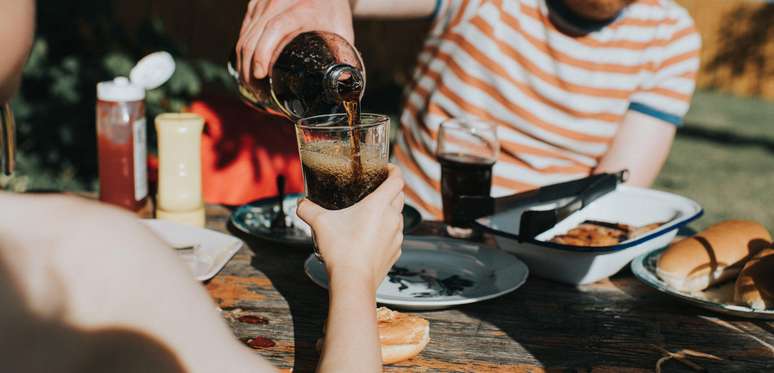
Don’t replace water with other drinks to hydrate
While it’s true that electrolyte drinks can help speed hydration under certain circumstances, such as after a rapid loss of electrolytes from sporting activities or during illness, experts agree that when it comes to hydration, “there’s no There is nothing better than water”.
And this has to do with components in many drinks that claim to be hydrating, such as isotonic drinks.
“Regular people should consume water, not sports drinks, to stay hydrated,” the CDC says, adding that the sugars and additives these drinks sometimes contain can increase the risk of obesity and other conditions, such as diabetes.
And this is particularly important in the case of children and adolescents.
A 2011 study by the US Academy of Pediatrics clarifies that although “sporty children may benefit from the use of sports drinks that contain carbohydrates, proteins or electrolytes (…) The use of sports drinks instead of water in the school canteen is usually not necessary for the child to engage in routine physical activity”
If someone is bothered by the taste of water, the CDC recommends natural solutions, such as adding a few drops of lemon or lime or promoting the consumption of beverages that contain no sweeteners of any kind.
Dmitrieva notes that “there is growing evidence from epidemiological studies linking chronic hypohydration to adverse health outcomes.”
“Those who are hypohydrated age faster, are 64% more likely to develop chronic diseases later in life and 21% more likely to die early,” concludes the expert.
Source: Terra
Rose James is a Gossipify movie and series reviewer known for her in-depth analysis and unique perspective on the latest releases. With a background in film studies, she provides engaging and informative reviews, and keeps readers up to date with industry trends and emerging talents.

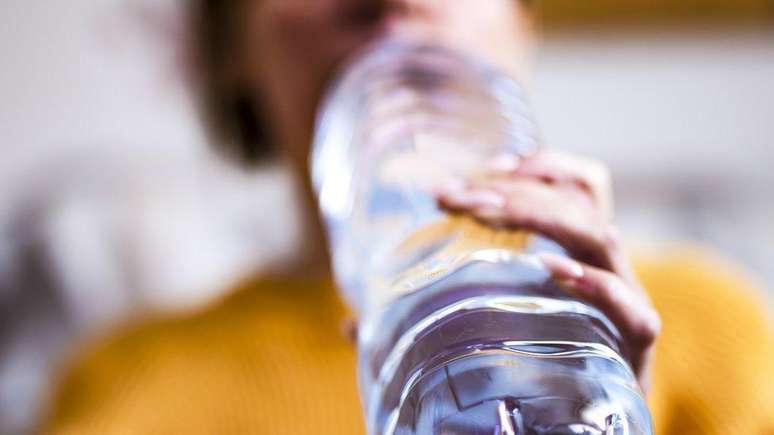
![Un Si Grand Soleil Preview: Episode Summary for Tuesday, October 21, 2025 [SPOILERS] Un Si Grand Soleil Preview: Episode Summary for Tuesday, October 21, 2025 [SPOILERS]](https://fr.web.img4.acsta.net/img/c7/7f/c77f5c02e3632e8e611d5041c2b9f36e.jpg)
